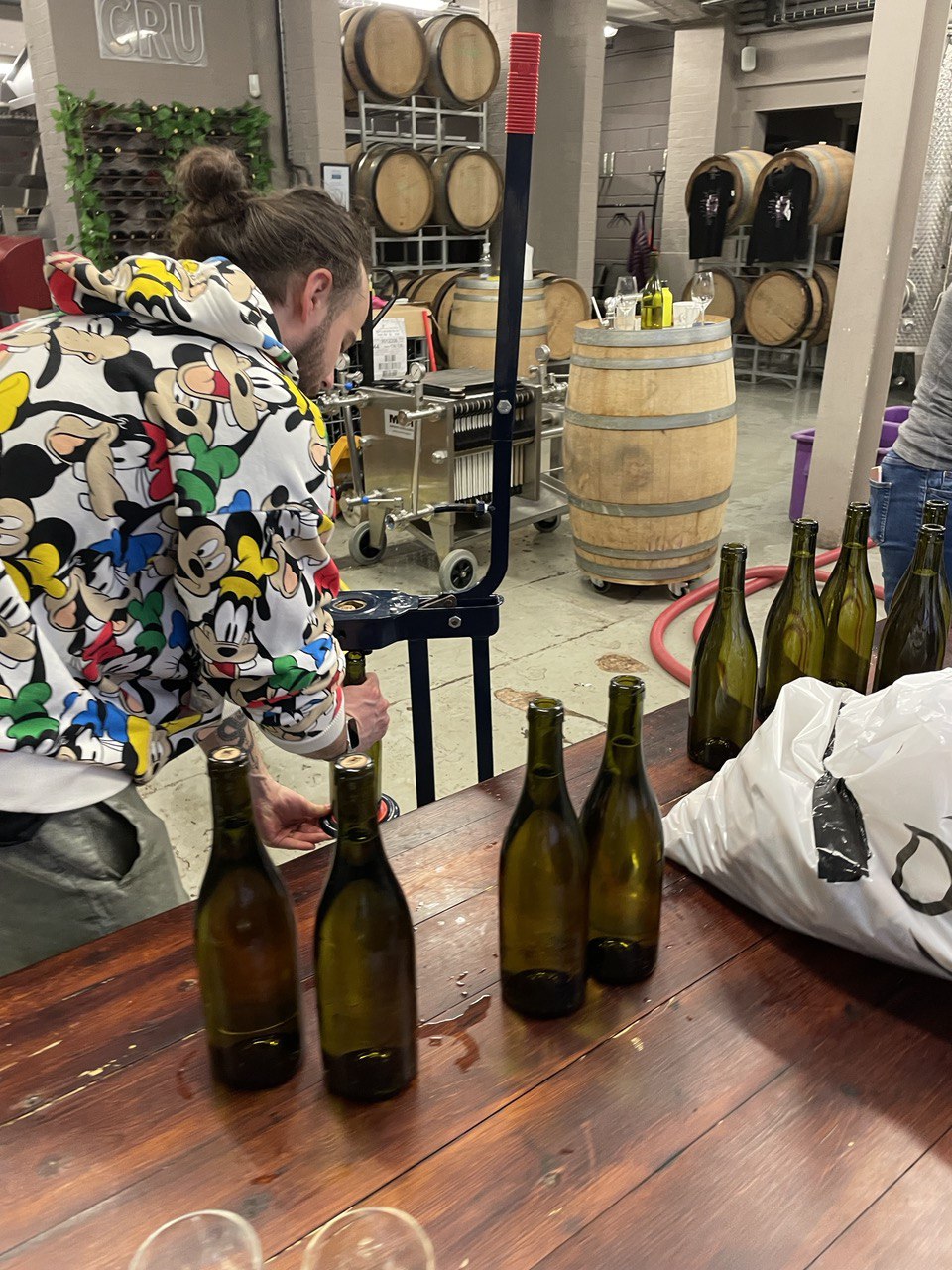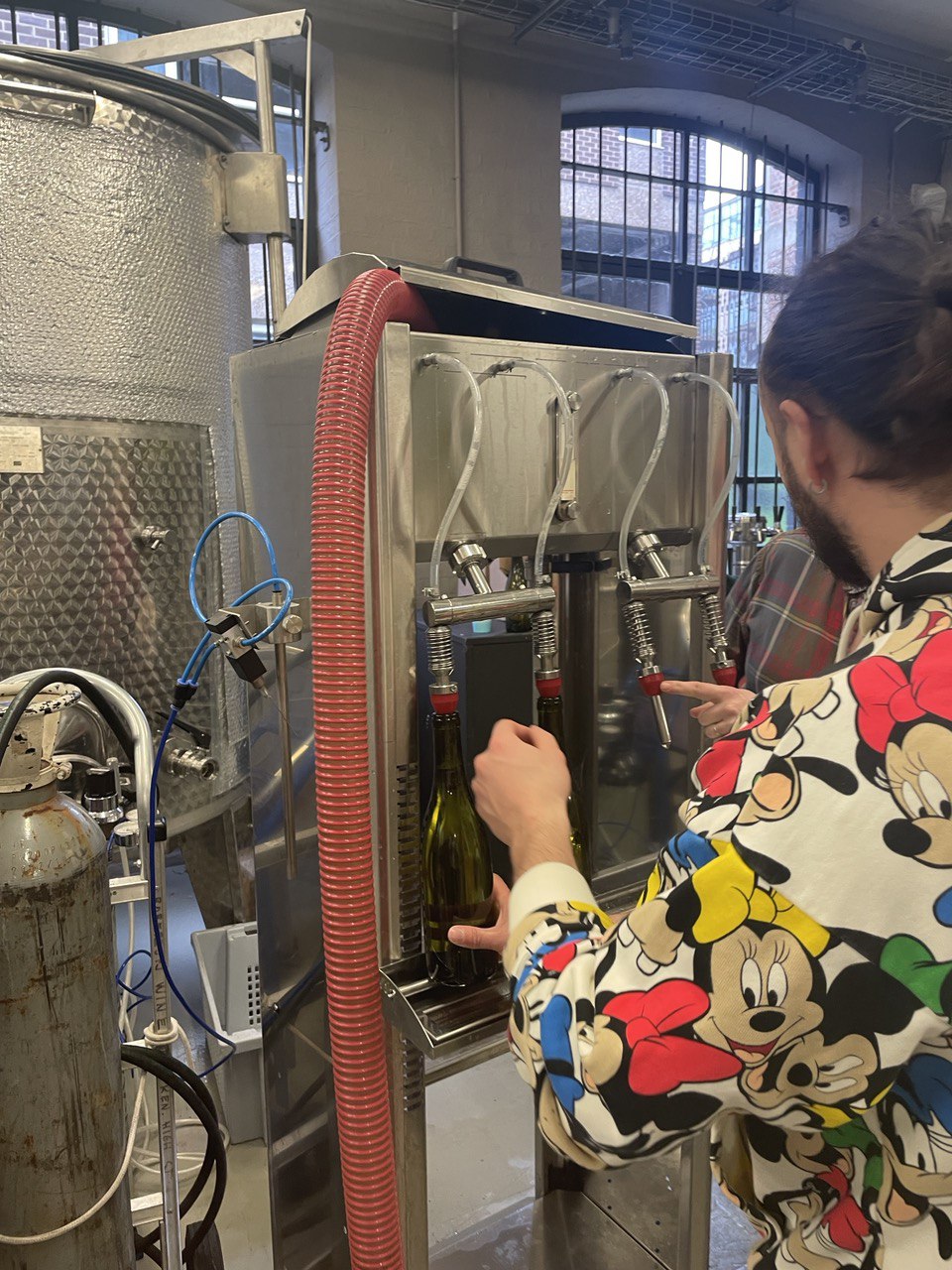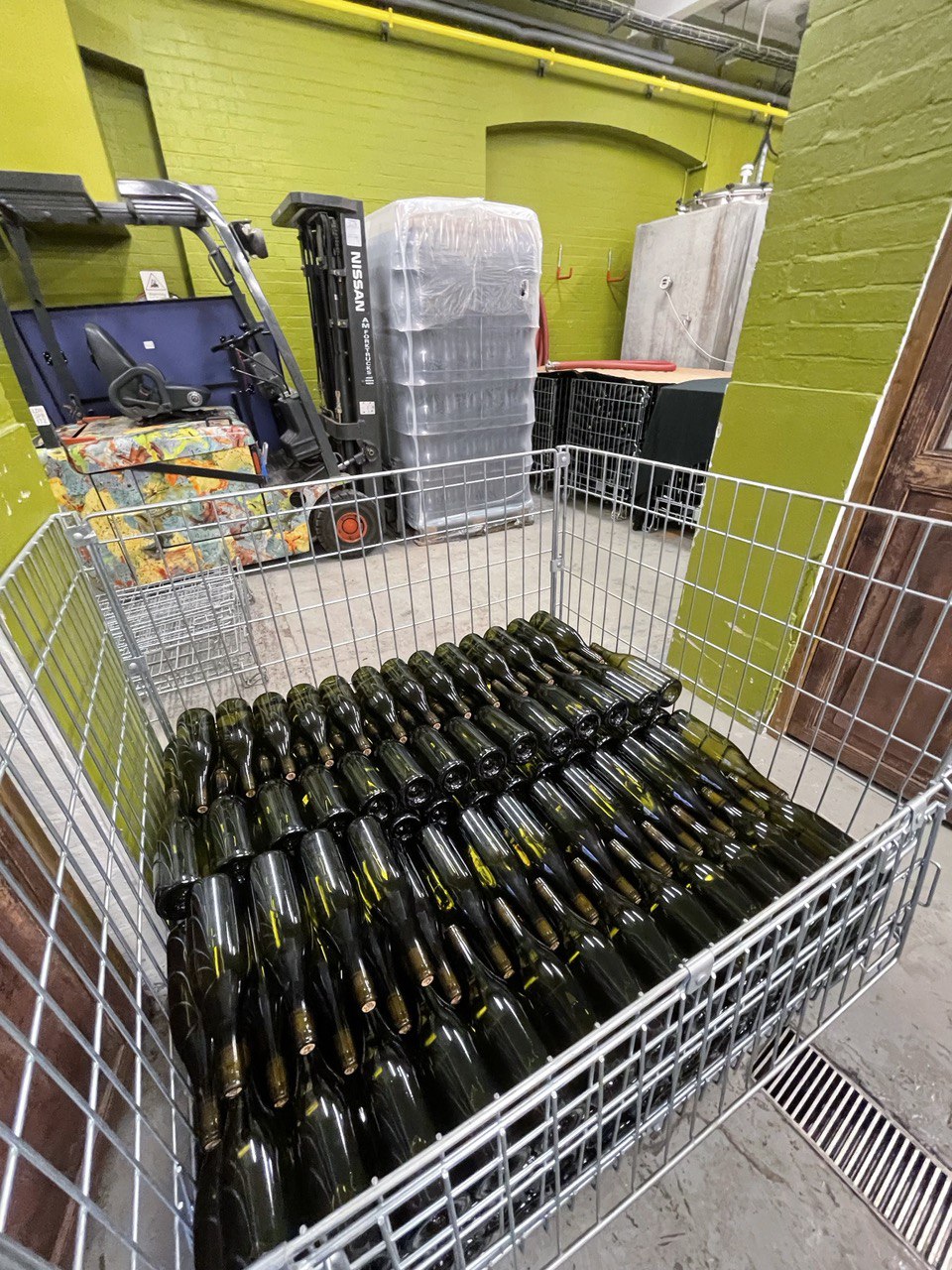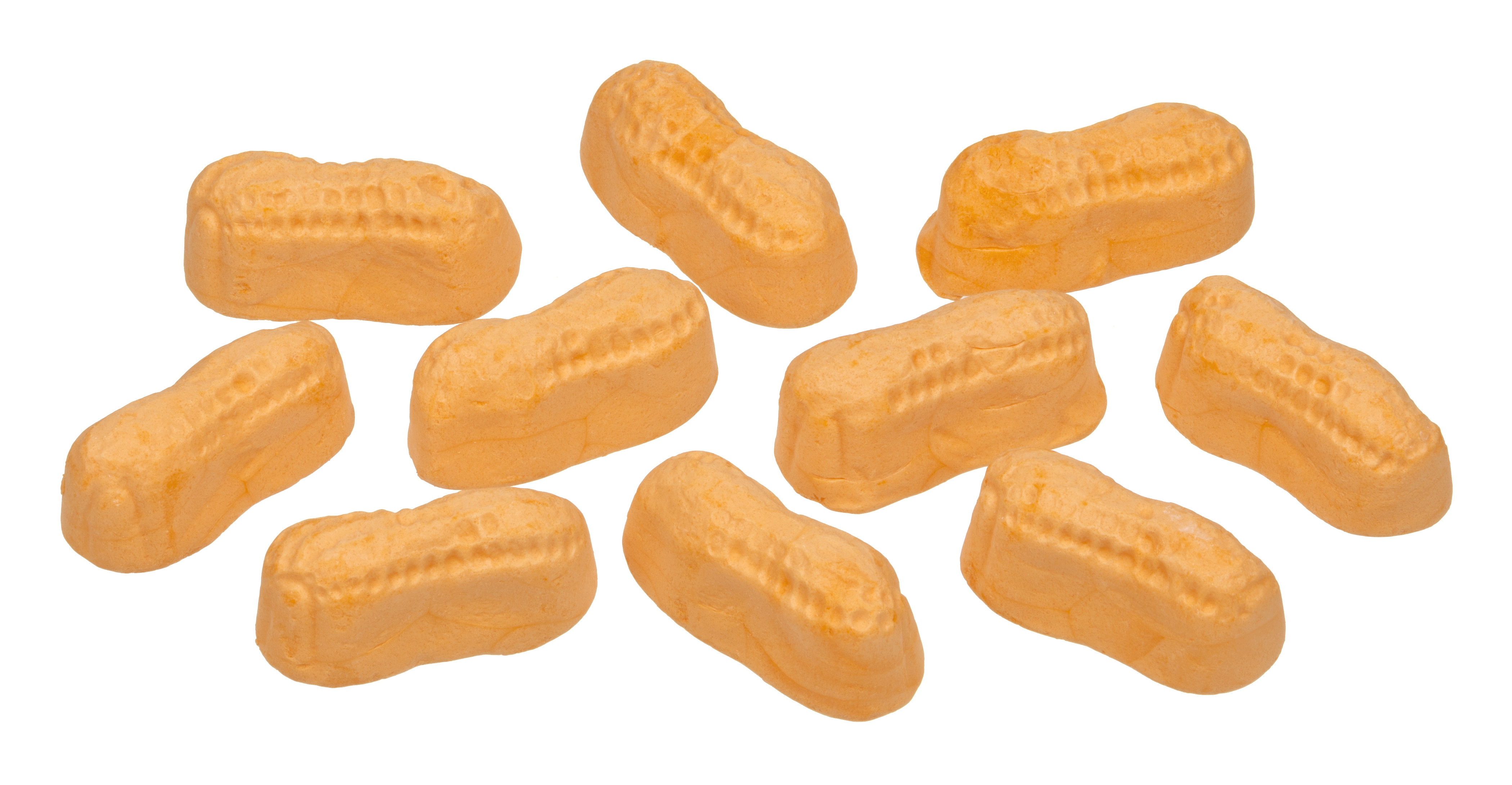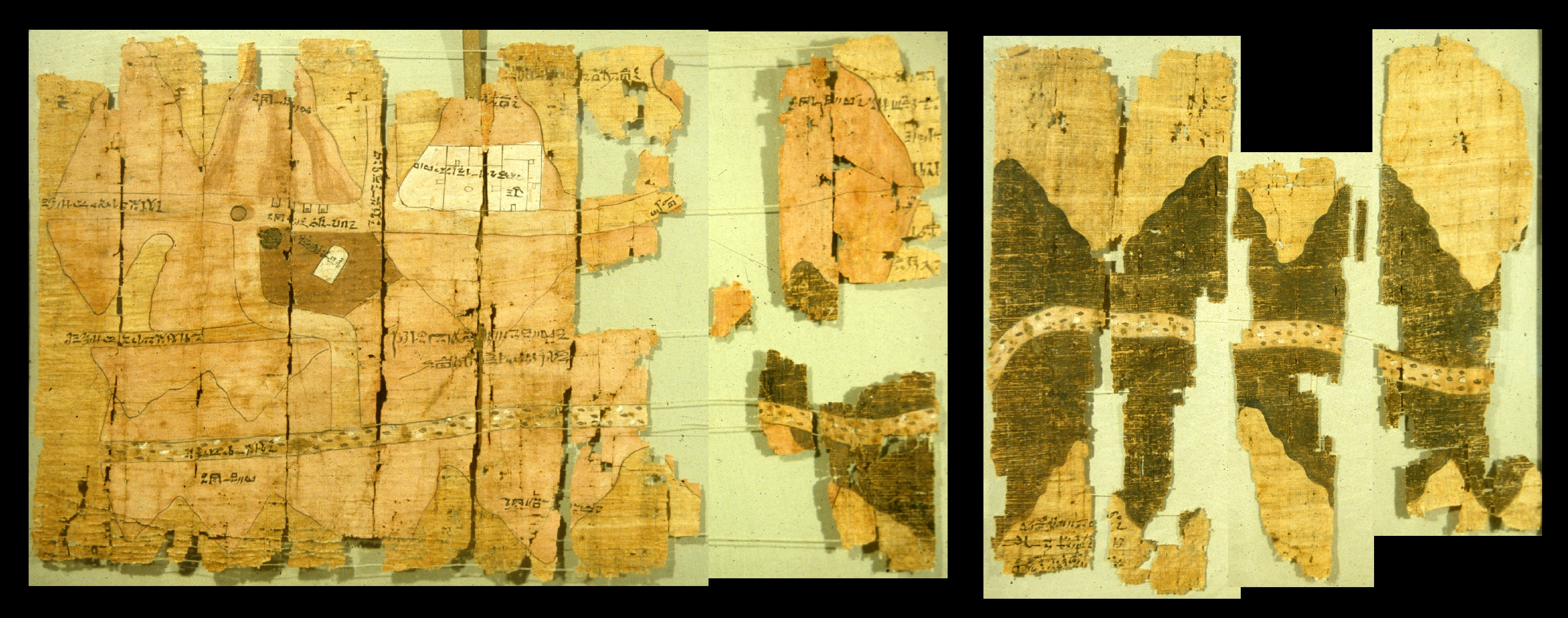|
Look out for London Cru Bacchus 2021 in your favourite Michelin restaurants in a few months (or maybe years, with these whites you never know).
Things I enjoyed reading
While I can't relate to the "raising children" part yet, building things is hard anyway – and there are plenty of distractions out there already (although I have a feeling that with children there would be even more).
This is a good collection of advice that I find pretty much universal:
Have a strategy to handle interruptions gracefully. This one is key, you’ve simply got to master it. Here’s what I mean: You’re super focused prototyping something or tackling a bug early in the morning. Nobody is awake, it’s going great! And then BAM! Your daughter woke up somehow and wants chocolate milk. They are now the priority, and your thing is not. So, figure out how to quickly leave a note or some sort of TODO: to give yourself context to pick things back up later. For me, I use Notes since it’s lightweight and syncs everywhere. When this happen to me, I just pop open my note I use for this stuff and leave something like “You’re trying to fix a bug likely caused by X. I was looking at file Y. I think Z will fix it.”
Bear in mind though, that distractions are not actually distractions –– as the author rightfully points out, these are just preferences. And if you prefer to watch that movie instead of making a mobile app, then there is nothing wrong with that, it just helps to be honest with at least yourself.
While I don't expect that there are many wannabe darknet drug lords among subscribers of this newsletter, the whole idea of being careful with your online presence is very dear to me, and there is way more to it than just using a VPN service:
Disinformation is critical to your continued freedom. Give barium meat tests to your contacts liberally. It doesn't matter if they realize they're being tested. Make sure that if you're caught making small talk, you inject false details about yourself and your life. You don't want to be like Ernest Lehmitz, a German spy during World War II who sent otherwise boring letters about himself containing hidden writing about ship movements. He got caught because the non-secret portion of his letters gave up various minor personal details the FBI correlated and used to find him after intercepting just 12 letters. Spreading disinformation about yourself takes time, but after a while the tapestry of deceptions will practically weave itself.
It also works in the other direction: pretty much anything online might be fake, so don't rush to believe it.
A hilarious story about a doctor who's TEDx talk introduced the world to one of the most powerful hallucinogenic substance available in the nature:
Only one species of toad, Incilius alvarius, is known to induce these sensations. Commonly known as the Sonoran Desert toad, it is found in the arid borderlands between Mexico and the United States. The toad spends most of the year burrowed underground, emerging to mate during the summer-monsoon season. In order to repel predators, it secretes toxins from its skin. Dogs sometimes die from ingesting the toad, and regional pet hospitals issue warnings about it.
I don't think it's that common here though, despite plenty of jokes about licking a toad to get high (albeit if you want to change that bear in mind the article just before).
Probably 90% of my phone's storage is taken up with photos, which are mostly travel photos even though the majority of them are just pictures of food.
I rarely scroll through them, and even more rarely share with the rest of the world, which often makes me question their value. And yet there is definitely way more than just sentiments when I keep making them:
Photos also capture only a small part of how it feels to be in a place and time, so it really matters to me that I know exactly the context of where a photo was shot for me to be able to appreciate the place-ness of that photograph. When I'm writing about an Urban Chasm I experienced in Barcelona or a Narrow Street for People in Saigon, I want to recall the fabric of the city around it to begin to understand how it fits into the city system as a whole.
Eventually I will find the time and resources to resurrect some of the cooking websites I had in the past – maybe that would give them the second life.
One might think that note-taking is one of the simplest things out there. And yet in the past decade with the aid of modern technologies it lives through its Renaissance. There are apps to take notes on daily basis. Apps to take voice messages and turn them into text. Apps to proof-read (I should be using them more often). How about apps that help you to make notes in the first place?
Agents can prompt you to do specific activities in a sequence. They can ask you questions. They can suggest relevant material based on what you've already written. They can periodically resurface old ideas to ask if they still ring true. They can prompt you to connect two disparate ideas together. They can mimic conversational partners who debate the strengths and weaknesses of a point – naive partners perhaps, but still better than no partner at all.
To be fair, most of those automations could be done with iOS' very own Shortcuts, but there is definitely room for improvement.
This week the world debates whether violence could be a response to an offensive joke (it can not), but there are plenty of offensive jokes that were among the first ones ever told, and people never stopped risking their lifes over them:
Jokes in the times of all-powerful medieval monarchs were a risky business. Bayless recounts a story where a joke fell foul of English king Richard I. "Two men had been ridiculing the king at a drunken feast – the king was furious and summoned the men. Clearly disaster was about to befall the men, but then one of them answered: 'We might have said those things, but that was nothing to what we were going to say if the wine hadn't run out!'"
That's also partly explains why so many comedies (and comics) have a very limited selection of topics to joke about.
I had no idea that there is a difference between baby carrots and "baby-cut" carrots. Usually they both are labeled as "baby carrots", but there is lots of history behind it, and spoiler alert: some of them are just cut to the size.
In the 1980's supermarkets expected carrots to be a particular uniform size, shape, and colour. Anything else had to be sold for juice or processing or animal feed, or just thrown away. One farmer wondered what would happen if he peeled the skin off the gnarly carrots, cut them into pieces, and sold them in bags. He made up a few test batches to show his buyers. One batch, cut into 1-inch bites and peeled round, he called "bunny balls." Another batch, peeled and cut 2 inches long, looked like little baby carrots.
What's next? Someone's going to tell me that "baby back ribs" are actually from full-grown pork?
These days we tend to agree that sleeping is great and there is usually not enough sleep, but in the past it was quite the opposite:
Seneca’s ‘if I must’ attitude towards sleeping was adopted by many others, too, not least of all Pliny the Elder, who perhaps enjoyed fewer hours kip than anyone else in first-century Rome. One of the great mottoes he abided by was vita vigilia est or ‘to be alive is to be awake.’ Like Seneca, Pliny considered sleep to be a waste of valuable working time and, more than that, of life itself, for it was so akin to death. Pliny indeed claimed that sleepers wasted more than half of their allotted span when their hours of sleep were added together to the hours they lost in idle infancy, incapable old age and infirmity.
Can't really blame them given how many horror stories in myths start with gods manipulating dreams.
For a while a dream of mine was to build a receipt printer and use it for cocktail receipts when we have friends over.
However the more I thought about it, the more cumbersome the idea felt, as it'd require too many components and effort to use.
This one might be fun though: imagine printing out tasks and keeping them on display.
The reason that I went with an Epson thermal printer is that they use the ESC/POS command set, for which there's established libraries in a variety of programming languages. Plus they're pretty ubiquitous in the second-hand market, and I was able to pick one up on Ebay along with some receipt paper for a pretty fair price.
Would probably also work great for house errands.
A story of the roots of the women's weekend branches:
The clubs came at a time when the number of office workers in cities was on the increase. The clubs mainly catered to “business women,” which then meant young white-collar workers in offices and department stores. Although women factory workers had a greater need for restful and inexpensive lunches than did office workers, their shorter lunch breaks and lower pay made it difficult to accommodate them.
So back in the late 19th century it was slightly different from today's bottomless Margaritas, but the concept seems to be pretty much the same.
Things I didn't know last Tuesday
While I've tried Lucky charms before, I never thought that they had a predecessor. The biggest disappointment is obviously that these are not real nuts, and they are not sold in a circus (probably, not anymore?).
Circus peanuts are American peanut-shaped marshmallow candy. They date to the 19th century, when they were one of a large variety of unwrapped "penny candy" sold in such retail outlets as five-and-dime stores.
| 
